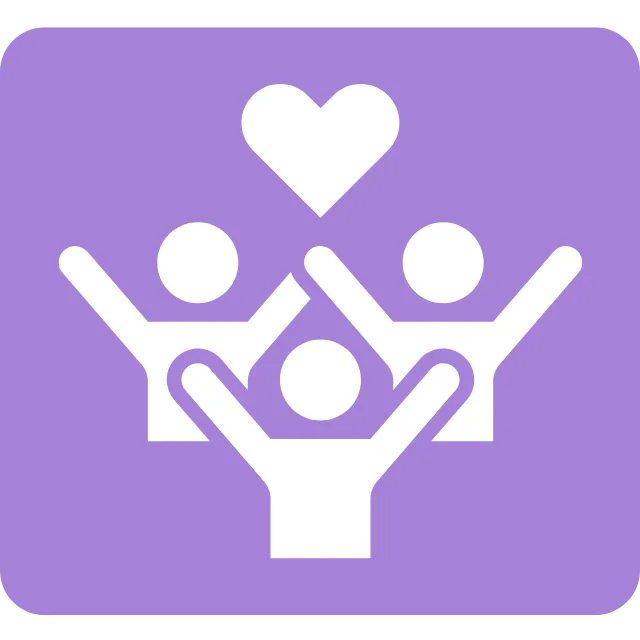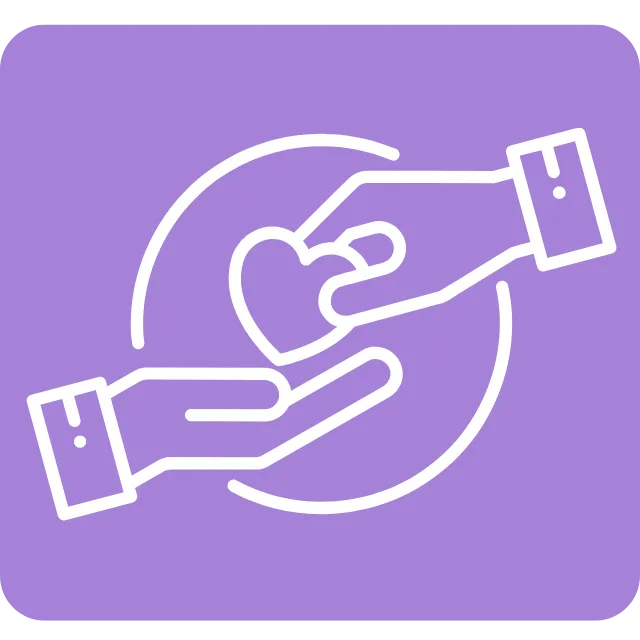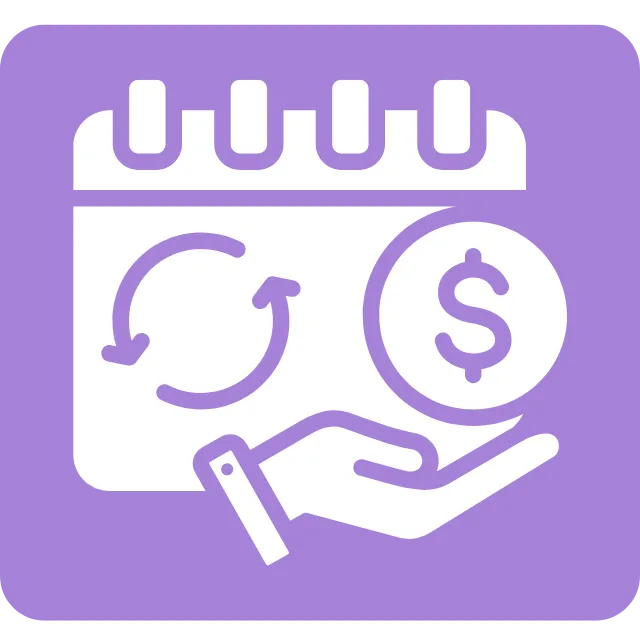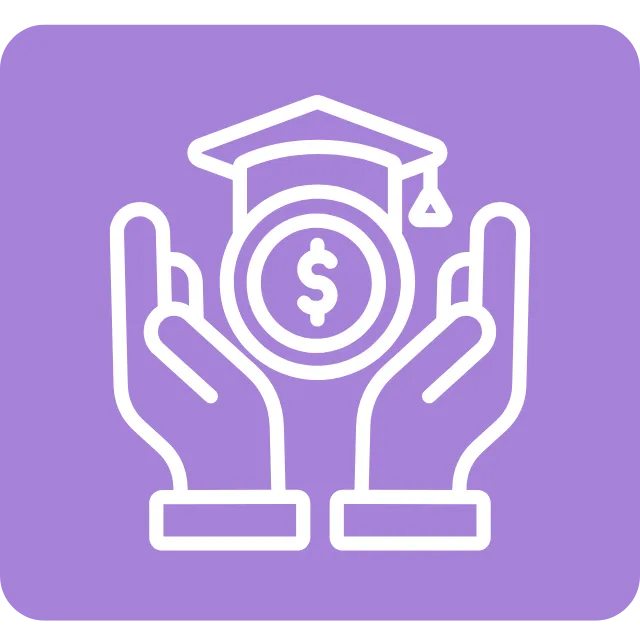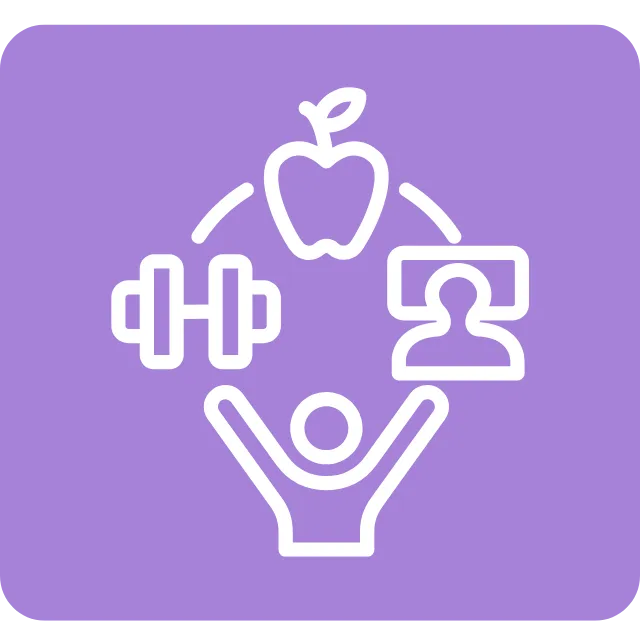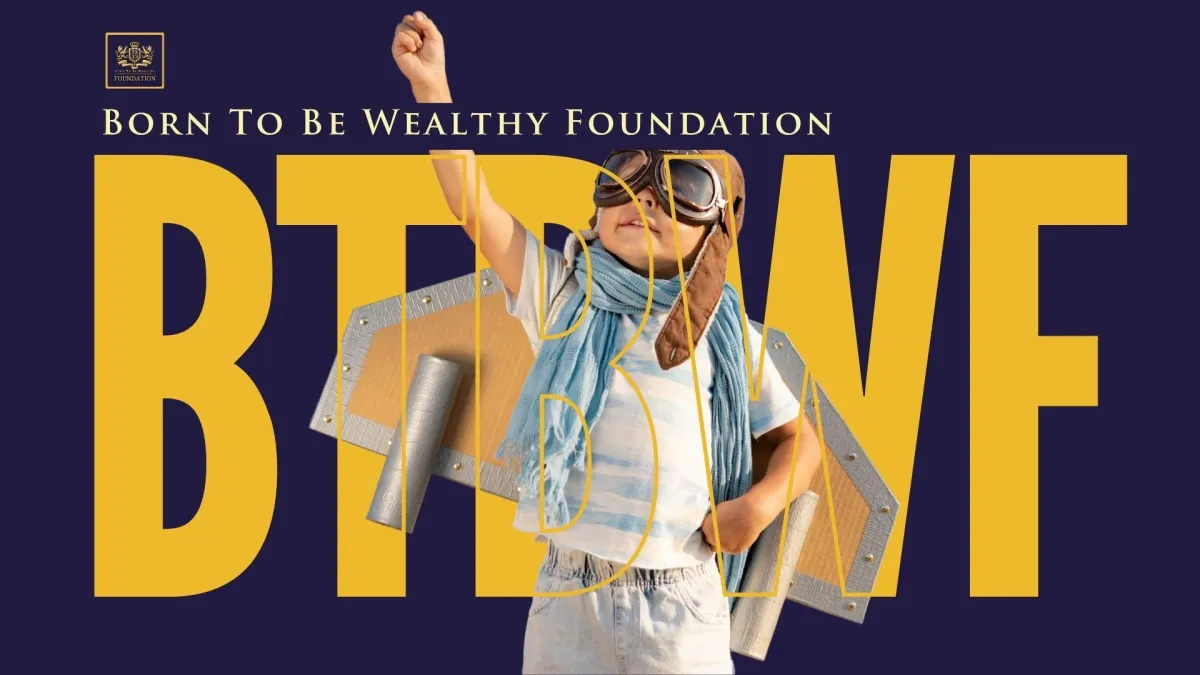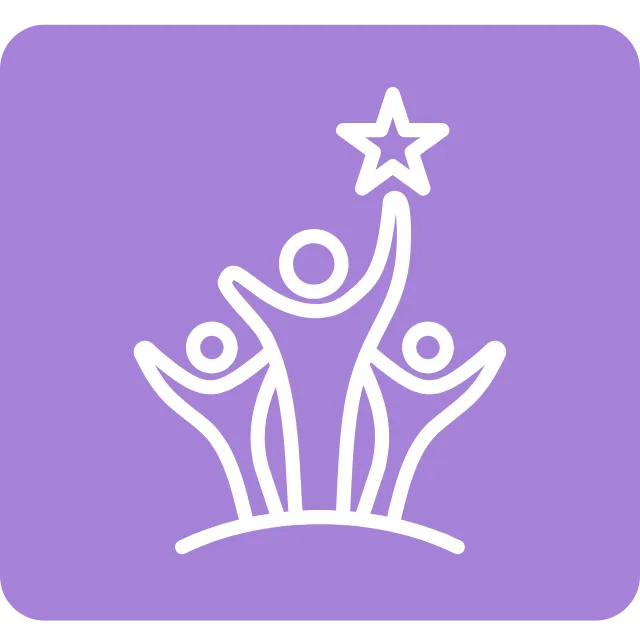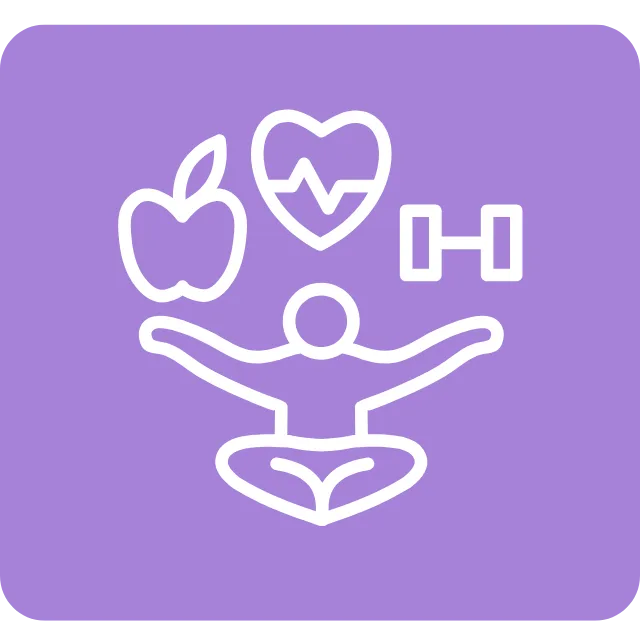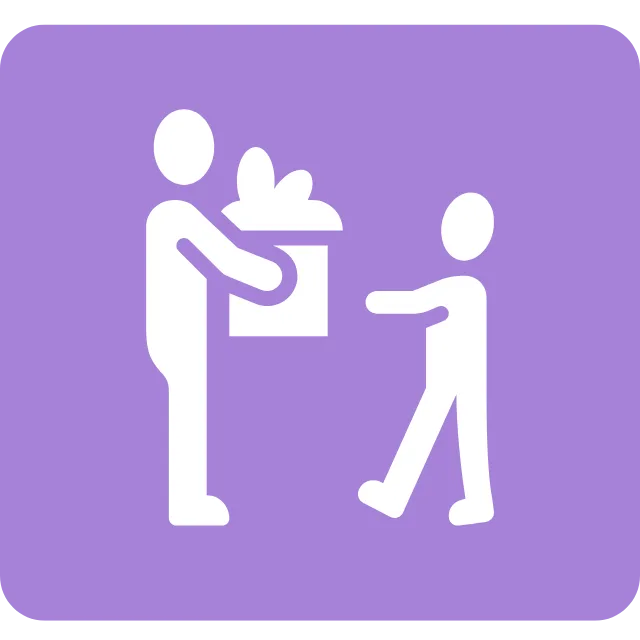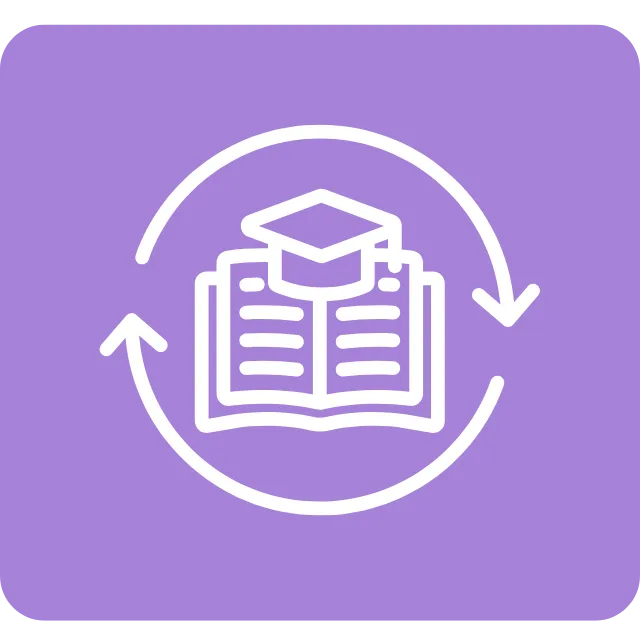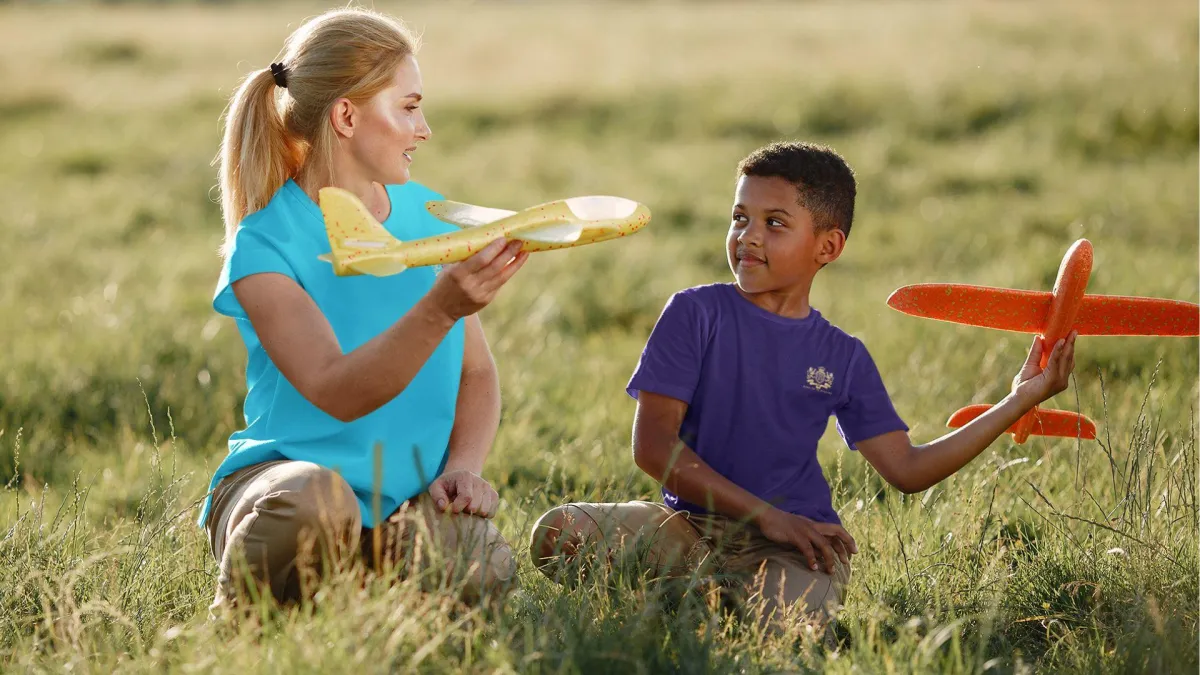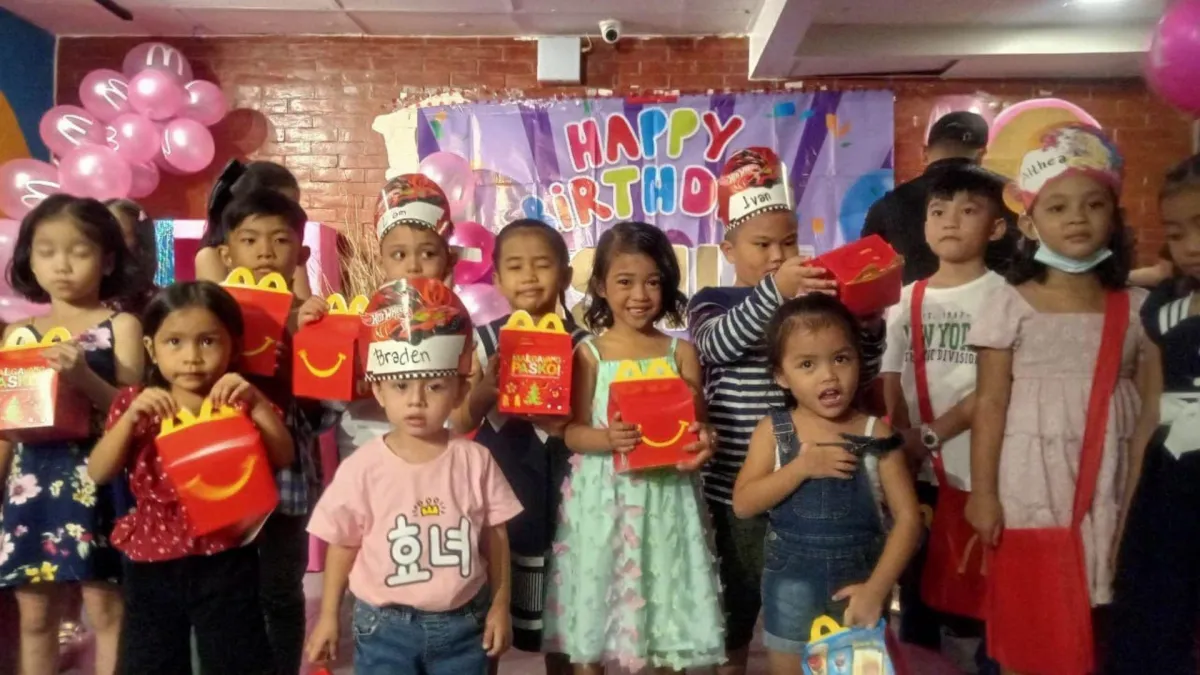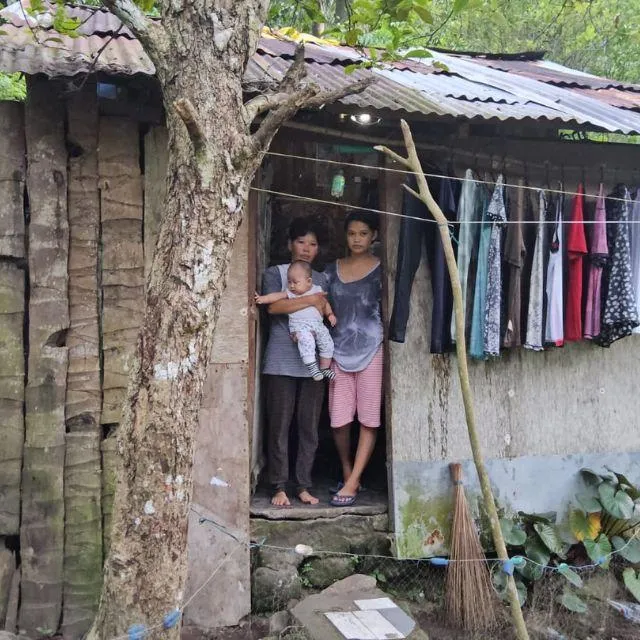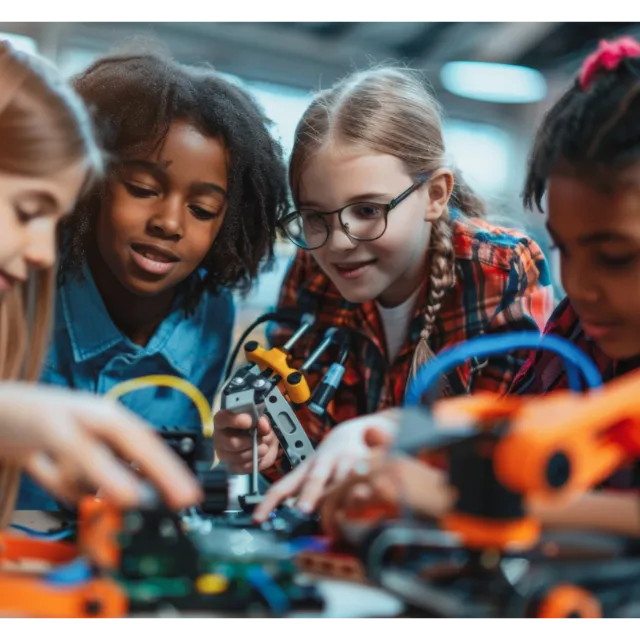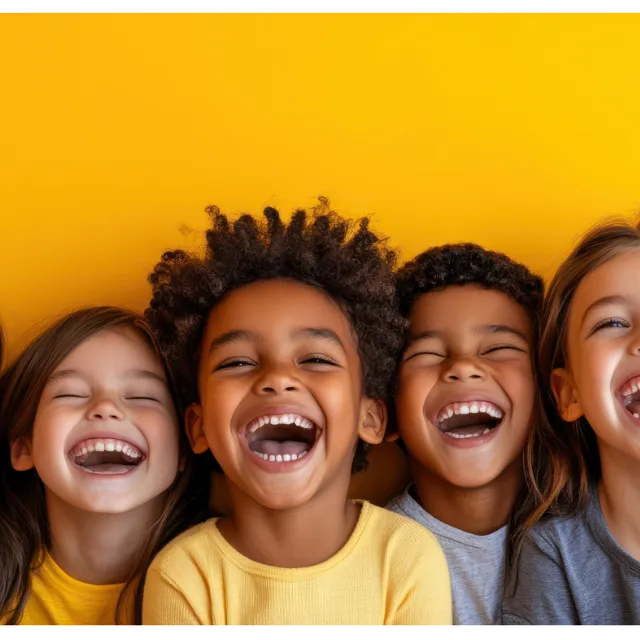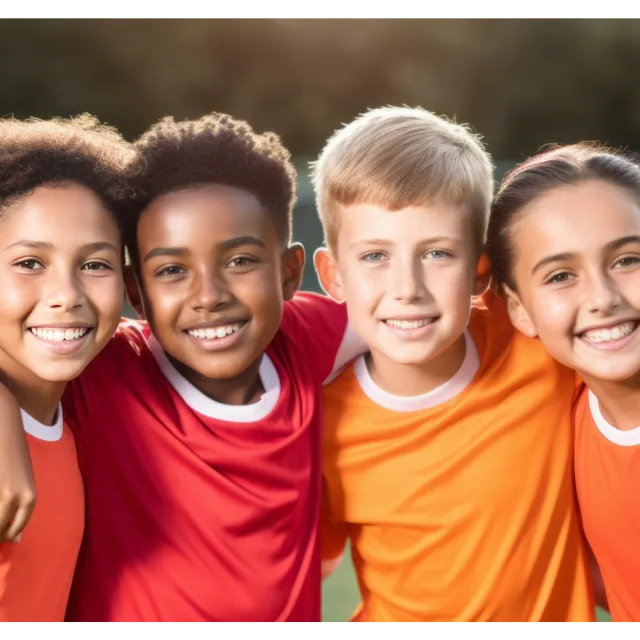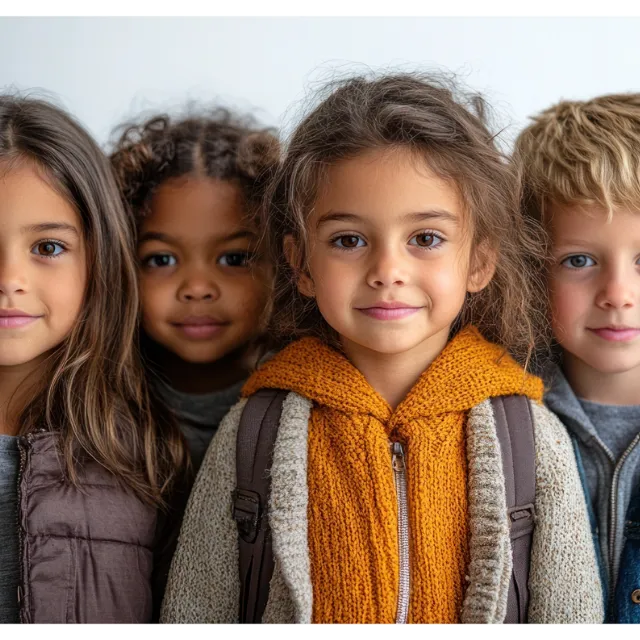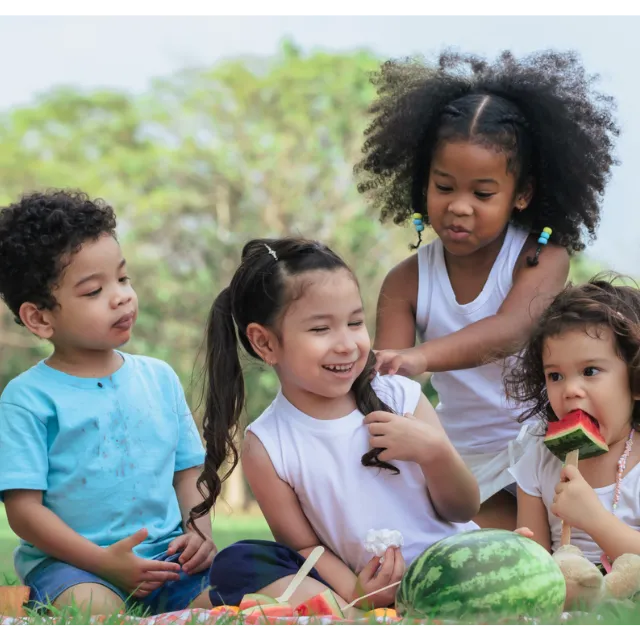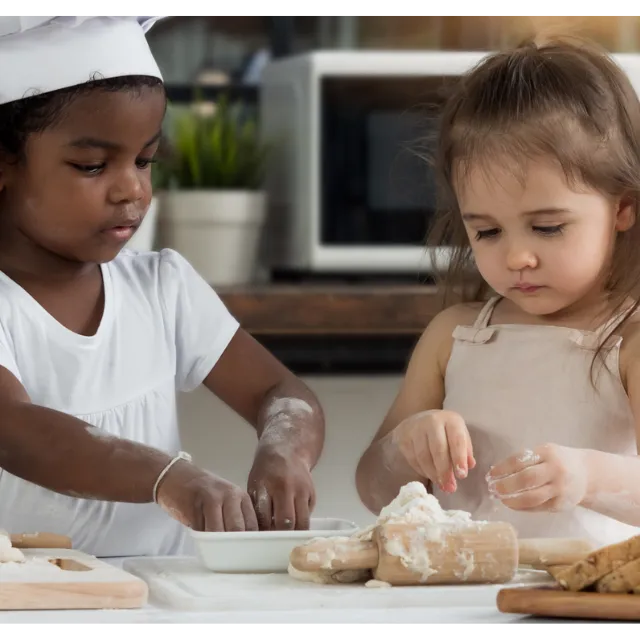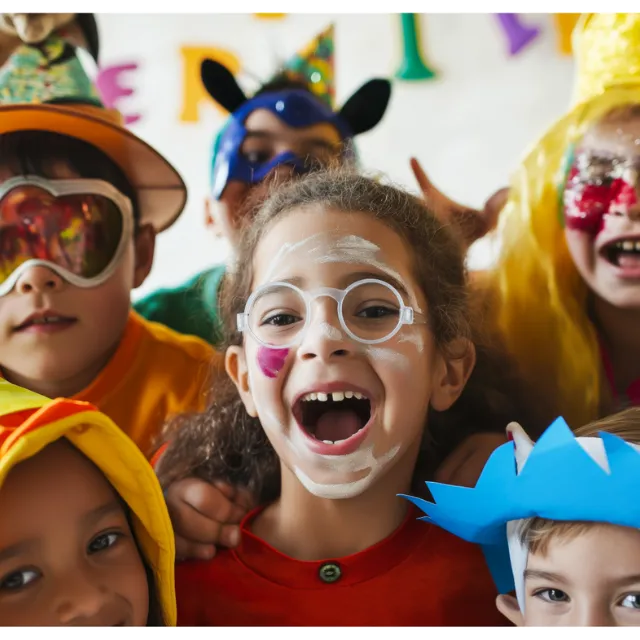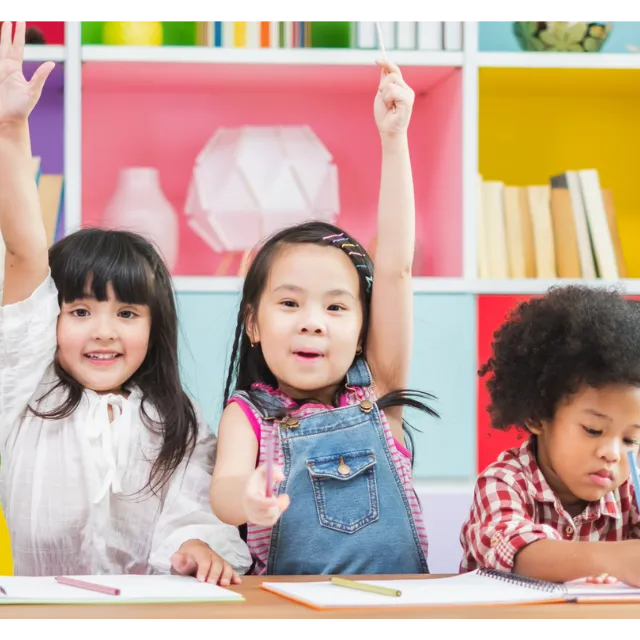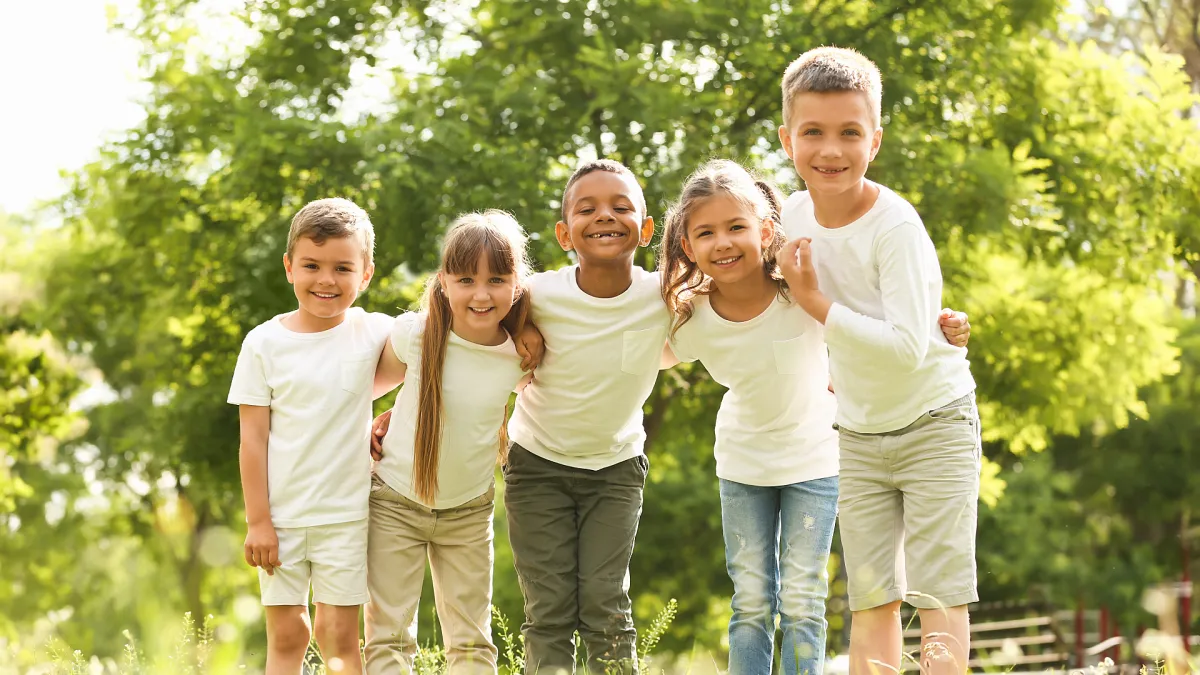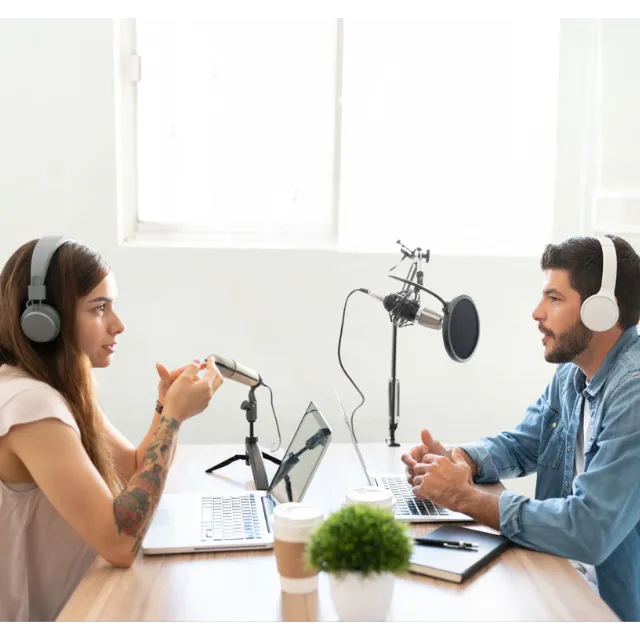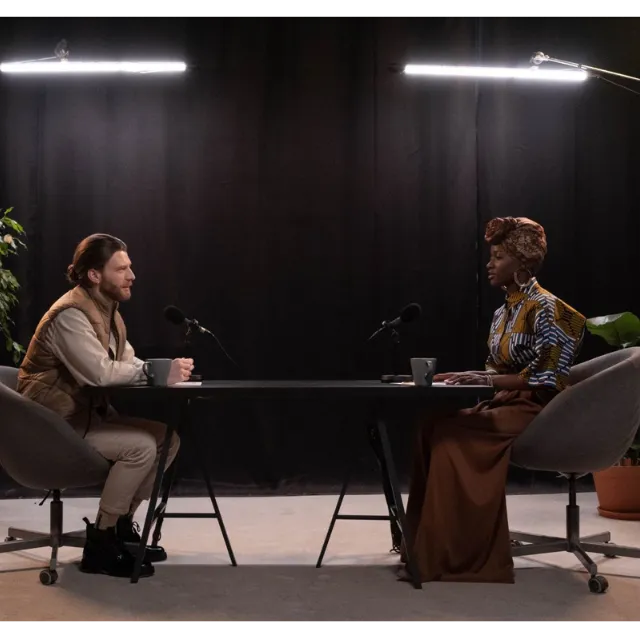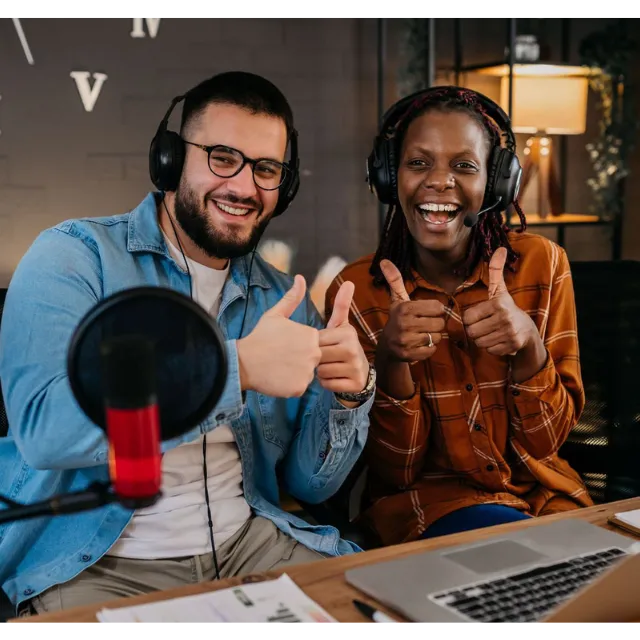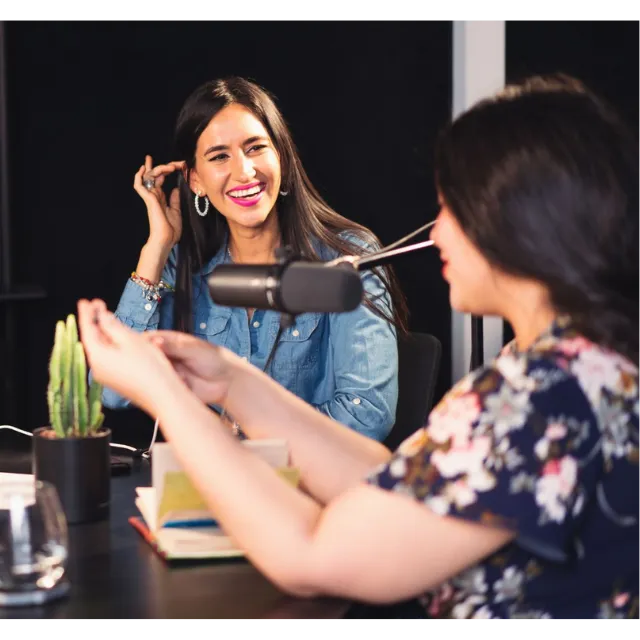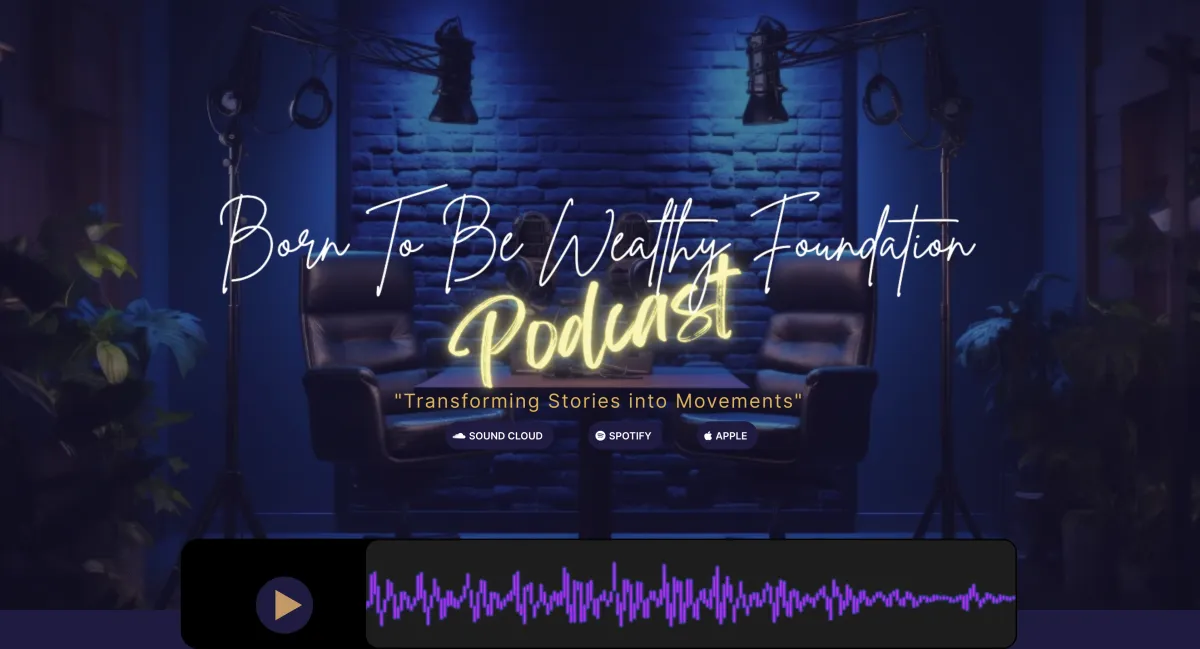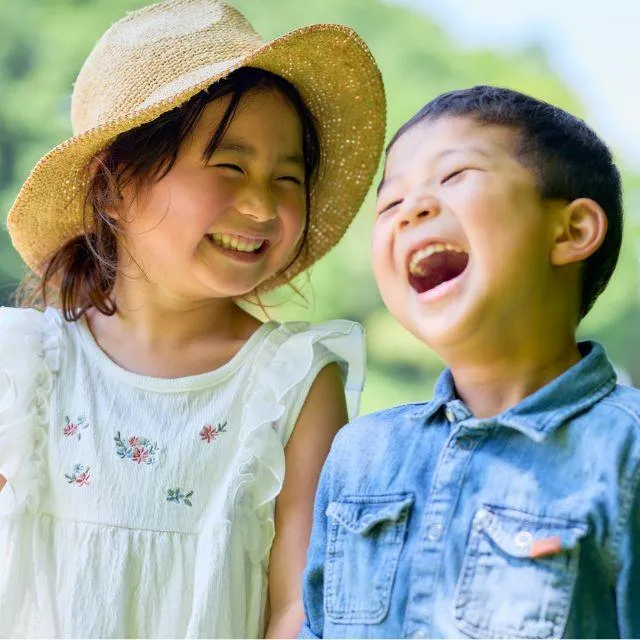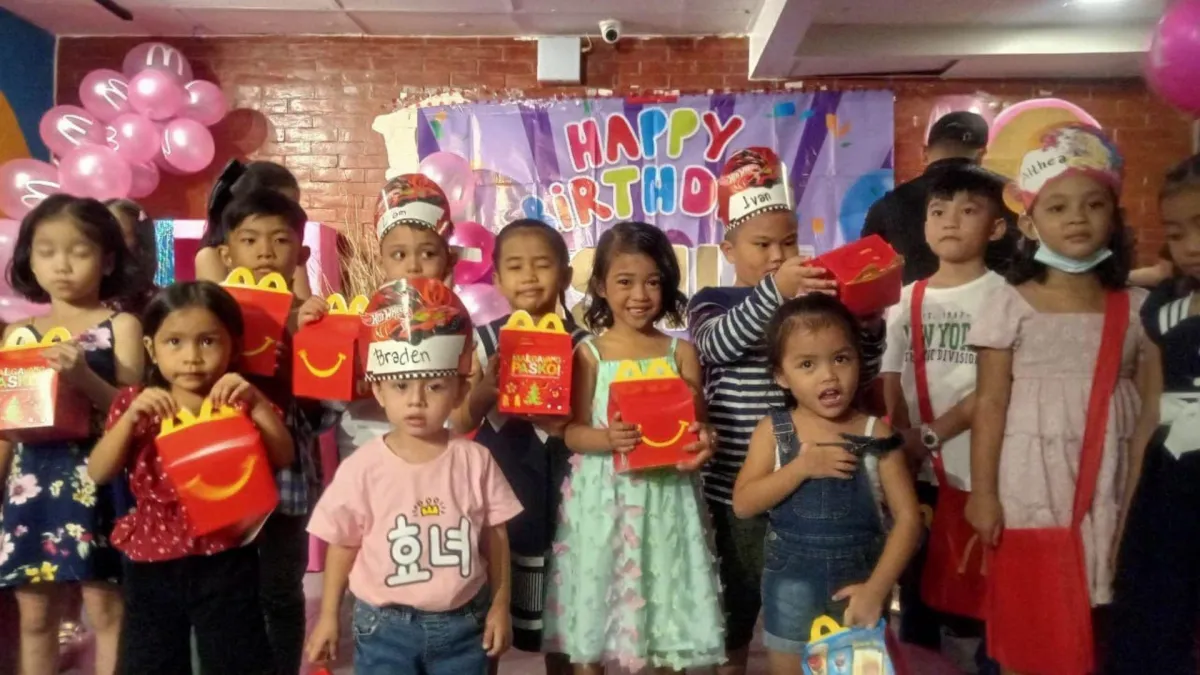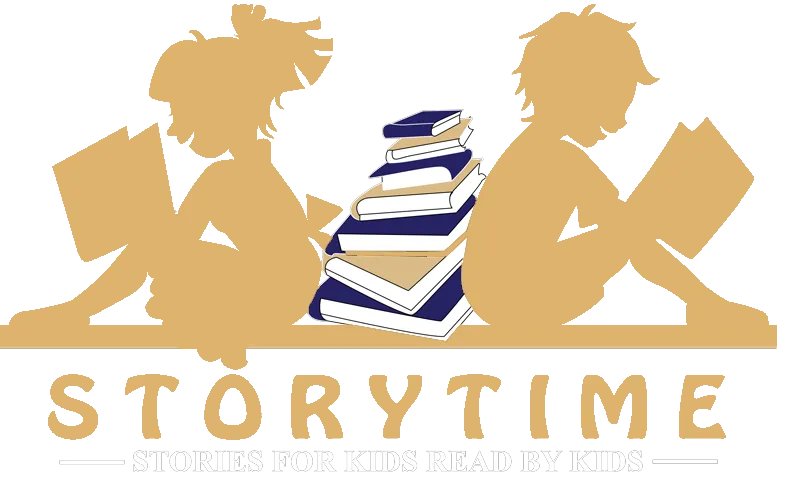
The Role of Educational Toys in Child Development

The Role of Educational Toys in Child Development
Episode - 36
Educational Toys Are More Than Objects
They are gateways to curiosity, confidence, and creativity. By combining learning and play, the Born To Be Wealthy Foundation ensures that every child has the opportunity to thrive, regardless of their circumstances.
Today, we delve into a topic that beautifully intertwines fun and learning: the role of educational toys in child development. Toys are not merely tools for entertainment; they are powerful instruments that can nurture creativity, critical thinking, and emotional intelligence in children.
At Born To Be Wealthy Foundation, we understand the transformative potential of play in education. Through initiatives like the Young Minds in Motion Program
and Community Toy Drives, the Foundation provides underprivileged children with access to educational toys that inspire learning and joy.
In this episode, we’ll explore the benefits of educational toys, discuss the challenges faced by families in accessing them, and highlight how the Foundation’s programs are creating opportunities for children to learn through play.
Episode - 36
Educational Toys Are More Than Objects
They are gateways to curiosity, confidence, and creativity. By combining learning and play, the Born To Be Wealthy Foundation ensures that every child has the opportunity to thrive, regardless of their circumstances.
Today, we delve into a topic that beautifully intertwines fun and learning: the role of educational toys in child development. Toys are not merely tools for entertainment; they are powerful instruments that can nurture creativity, critical thinking, and emotional intelligence in children.
At Born To Be Wealthy Foundation, we understand the transformative potential of play in education. Through initiatives like the Young Minds in Motion Program
and Community Toy Drives, the Foundation provides underprivileged children with access to educational toys that inspire learning and joy.
In this episode, we’ll explore the benefits of educational toys, discuss the challenges faced by families in accessing them, and highlight how the Foundation’s programs are creating opportunities for children to learn through play.

Listen to real conversations, and real topics that spark personal growth.

Listen to real conversations, and real topics that spark personal growth.
The Science of Play
Why Play Matters in Child Development?
Play is more than just an activity; it’s a vital aspect of childhood development. Research shows that play: Stimulates brain development by forming and strengthening neural connections.
Enhances problem-solving, creativity, and social skills. Reduces stress and fosters emotional resilience.
Constructive Play: Activities like building blocks foster spatial awareness and fine motor skills. Imaginative Play: Role-playing games enhance creativity and emotional understanding.
Physical Play: Activities like puzzles and movement-based games improve coordination and physical fitness. Social Play: Group games teach teamwork, communication, and empathy.
The Science of Play
Why Play Matters in Child Development?
Play is more than just an activity; it’s a vital aspect of childhood development. Research shows that play: Stimulates brain development by forming and strengthening neural connections.
Enhances problem-solving, creativity, and social skills. Reduces stress and fosters emotional resilience.
Constructive Play: Activities like building blocks foster spatial awareness and fine motor skills. Imaginative Play: Role-playing games enhance creativity and emotional understanding.
Physical Play: Activities like puzzles and movement-based games improve coordination and physical fitness. Social Play: Group games teach teamwork, communication, and empathy.
Company Introductions
Get to know about Us Against Us
Us Against Us is more than just a podcast—it’s a movement dedicated to exploring the battles we face within ourselves and the world around us. Hosted by Erica Carreno, each episode dives deep into topics like self-doubt, resilience, social justice, mental health, and personal growth.
Through heartfelt conversations with experts, thought leaders, and everyday individuals, the podcast shines a light on untold stories, offering fresh perspectives and actionable insights.
At its core, Us Against Us is about transformation. It’s about turning inner struggles into sources of strength and using personal growth as a catalyst for positive change. Whether you’re seeking inspiration, looking for tools to overcome life’s challenges, or simply craving authentic, thought-provoking discussions, Us Against Us is your guide on the journey to self-empowerment and collective progress.
Join us as we challenge norms, break barriers, and remind each other that the greatest battles lead to the most profound victories. Together, we rise.
Empower Yourself to Overcome Inner Battles
Authentic and Thought-Provoking Conversations
A Community That Inspires and Supports

Start your journey with Us Against Us—where real conversations spark personal growth.
The Foundation ensures that children from all backgrounds have opportunities to learn
Through play, integrating educational toys into its programs and community initiatives.
The Foundation ensures that children from all backgrounds have opportunities to learn
Through play, integrating educational toys into its programs and community initiatives.
1. Young Minds in Motion Program
Distributes educational toys to children in underserved communities. Components: Partnerships with toy manufacturers and donors to provide high-quality educational toys. Workshops for parents on using toys effectively for learning. Follow-up assessments to track developmental progress.
2. Community Toy Drives
Engages local communities in collecting and distributing toys to families in need. How It Works: Partnering with businesses and individuals to donate new or gently used educational toys. Organizing events where families can pick toys suited to their children’s ages and interests.
3. Play-Based Learning Workshops
Teaches children and caregivers how to maximize the benefits of play in daily life. Activities Include: Interactive sessions on using toys to teach math, language, and problem-solving skills. Group play sessions to encourage teamwork and communication.
4. Toy Libraries
Establishes lending programs where families can borrow educational toys for free. Features: Wide range of toys for different age groups and developmental needs. Guidance from volunteers on toy selection and usage.
5. Inclusive Play Programs
Focuses on providing toys that cater to children with diverse abilities. Components: Adaptive toys for children with physical or cognitive challenges. Sensory toys to support children with sensory processing disorders.
1. Young Minds in Motion Program
Distributes educational toys to children in underserved communities. Components: Partnerships with toy manufacturers and donors to provide high-quality educational toys. Workshops for parents on using toys effectively for learning. Follow-up assessments to track developmental progress.
2. Community Toy Drives
Engages local communities in collecting and distributing toys to families in need. How It Works: Partnering with businesses and individuals to donate new or gently used educational toys. Organizing events where families can pick toys suited to their children’s ages and interests.
3. Play-Based Learning Workshops
Teaches children and caregivers how to maximize the benefits of play in daily life. Activities Include: Interactive sessions on using toys to teach math, language, and problem-solving skills. Group play sessions to encourage teamwork and communication.
4. Toy Libraries
Establishes lending programs where families can borrow educational toys for free. Features: Wide range of toys for different age groups and developmental needs. Guidance from volunteers on toy selection and usage.
5. Inclusive Play Programs
Focuses on providing toys that cater to children with diverse abilities. Components: Adaptive toys for children with physical or cognitive challenges. Sensory toys to support children with sensory processing disorders.
Mission Statement
To inspire curiosity, creativity, and confidence in children through access to educational toys that promote holistic development and lifelong learning.
Benefits of Educational Toys
Cognitive Development. Enhances memory, attention span, and critical thinking. These improvements empower children to perform better academically and solve problems effectively in everyday life. Over time, strong cognitive skills pave the way for lifelong learning and professional success.
Physical Coordination. Develops motor skills and hand-eye coordination. These abilities enable children to engage confidently in sports, play, and other physical activities, fostering a sense of accomplishment. Improved coordination also supports overall physical health and prepares them for more complex tasks as they grow.
Social Skills. Foster collaboration and conflict resolution during group play. These interactions teach children the importance of teamwork, empathy, and effective communication. Over time, strong social skills build lasting relationships and help children navigate social situations with confidence.
Emotional Growth. Helps children express and regulate emotions. This ability builds their resilience and equips them to handle challenges constructively. Over time, emotional growth fosters self-awareness and empathy, essential for forming healthy relationships and achieving personal success.
Mission Statement
To inspire curiosity, creativity, and confidence in children through access to educational toys that promote holistic development and lifelong learning.
Benefits of Educational Toys
Cognitive Development. Enhances memory, attention span, and critical thinking. These improvements empower children to perform better academically and solve problems effectively in everyday life. Over time, strong cognitive skills pave the way for lifelong learning and professional success.
Physical Coordination. Develops motor skills and hand-eye coordination. These abilities enable children to engage confidently in sports, play, and other physical activities, fostering a sense of accomplishment. Improved coordination also supports overall physical health and prepares them for more complex tasks as they grow.
Social Skills. Foster collaboration and conflict resolution during group play. These interactions teach children the importance of teamwork, empathy, and effective communication. Over time, strong social skills build lasting relationships and help children navigate social situations with confidence.
Emotional Growth. Helps children express and regulate emotions. This ability builds their resilience and equips them to handle challenges constructively. Over time, emotional growth fosters self-awareness and empathy, essential for forming healthy relationships and achieving personal success.
Together, let’s build a future where every child can learn and grow through the power of play.
Together, let’s build a future where every child can learn and grow through the power of play.
Challenges in Expanding Access to Educational Toys:
1. Funding Constraints. High-quality educational toys can be expensive to produce and distribute. Solution: Partner with manufacturers, donors, and sponsors to lower costs and increase access.
2. Distribution Challenges. Reaching rural or remote areas requires significant logistical coordination. Solution: Collaborate with local organizations and volunteers to streamline delivery.
3. Cultural Relevance. Toys must reflect and respect the cultural contexts of the children using them. Solution: Work with community leaders to select or design toys that resonate locally.
Challenges in Expanding Access to Educational Toys:
1. Funding Constraints. High-quality educational toys can be expensive to produce and distribute. Solution: Partner with manufacturers, donors, and sponsors to lower costs and increase access.
2. Distribution Challenges. Reaching rural or remote areas requires significant logistical coordination. Solution: Collaborate with local organizations and volunteers to streamline delivery.
3. Cultural Relevance. Toys must reflect and respect the cultural contexts of the children using them. Solution: Work with community leaders to select or design toys that resonate locally.
A Call to Action
How You Can Help
Empowering underprivileged youth through education requires collective effort. Here’s how listeners can get involved:

Donate
Contributions directly fund scholarships, infrastructure, and learning materials.
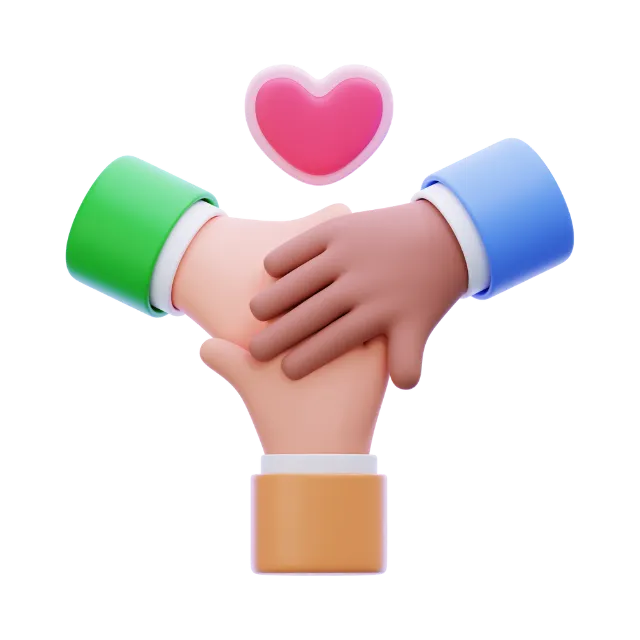
Volunteer
Share your time and expertise by mentoring, tutoring, or assisting in programs.

Advocate
Spread the word about the Foundation’s mission to inspire others to join the cause.
Looking Ahead
Expanding Access to Educational Toys
The Foundation plans to:
Launch Mobile Play Units: Bring toys and play-based learning activities to remote communities.
Develop Digital Tools: Create apps and online games to complement physical toys.
Promote Policy Change: Advocate for government support in funding play-based education initiatives.
Looking Ahead
Expanding Access to Educational Toys
The Foundation plans to:
Launch Mobile Play Units: Bring toys and play-based learning activities to remote communities.
Develop Digital Tools: Create apps and online games to complement physical toys.
Promote Policy Change: Advocate for government support in funding play-based education initiatives.

Born to be Wealthy Non-Profit Foundation is an organization dedicated to nurturing the potential of children through comprehensive support services aimed at creating a foundation for a prosperous future.
CONTACT INFO
Born To Be Wealthy Foundation
255 S Orange Avenue, Suite 104
Orlando, FL 32801 United States
Federal Tax ID: 99-2079151
Born To Be Wealthy Foundation is a registered 501(c)(3) non-for-profit organization, donations are tax-deductible.
Contact: 1 (347) 427-5507
OUR PROGRAMS
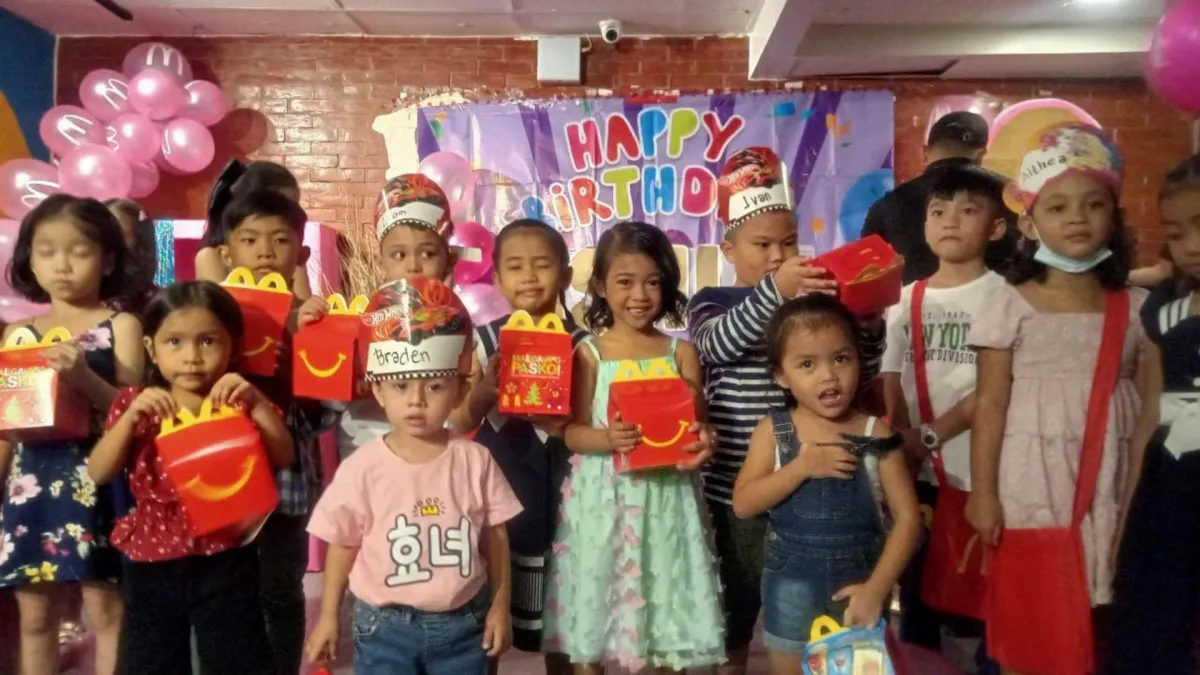
Celebrating every child's joy.

Healthy bodies, brighter futures.
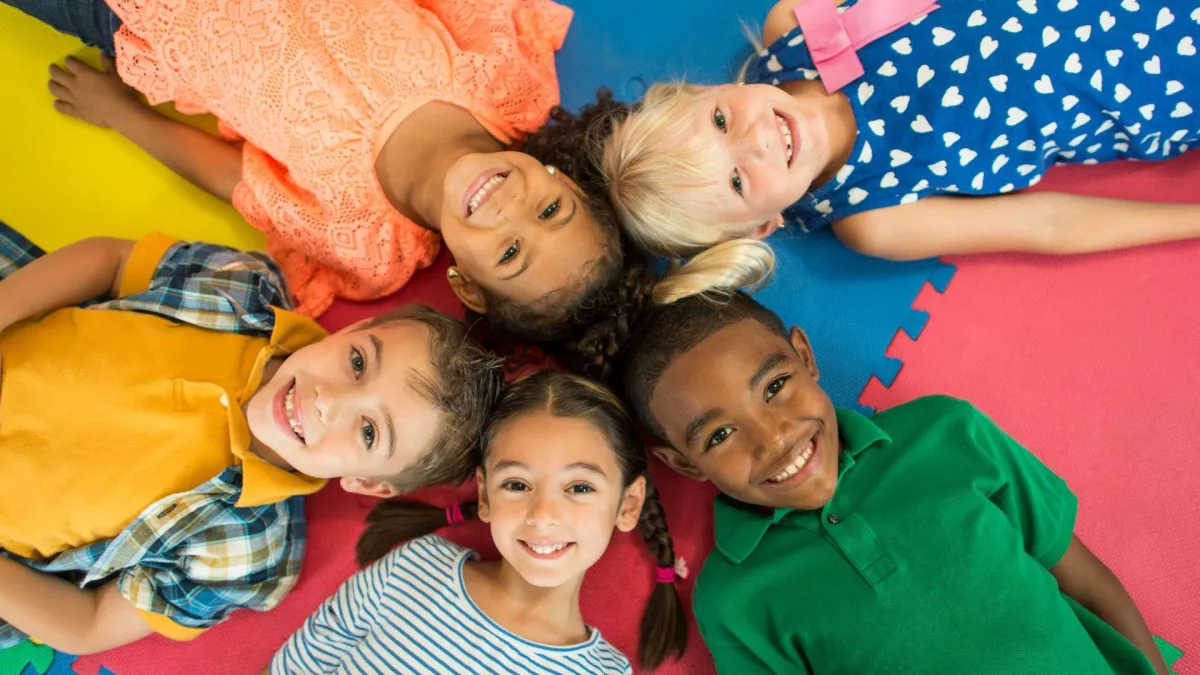
Children helping children grow.
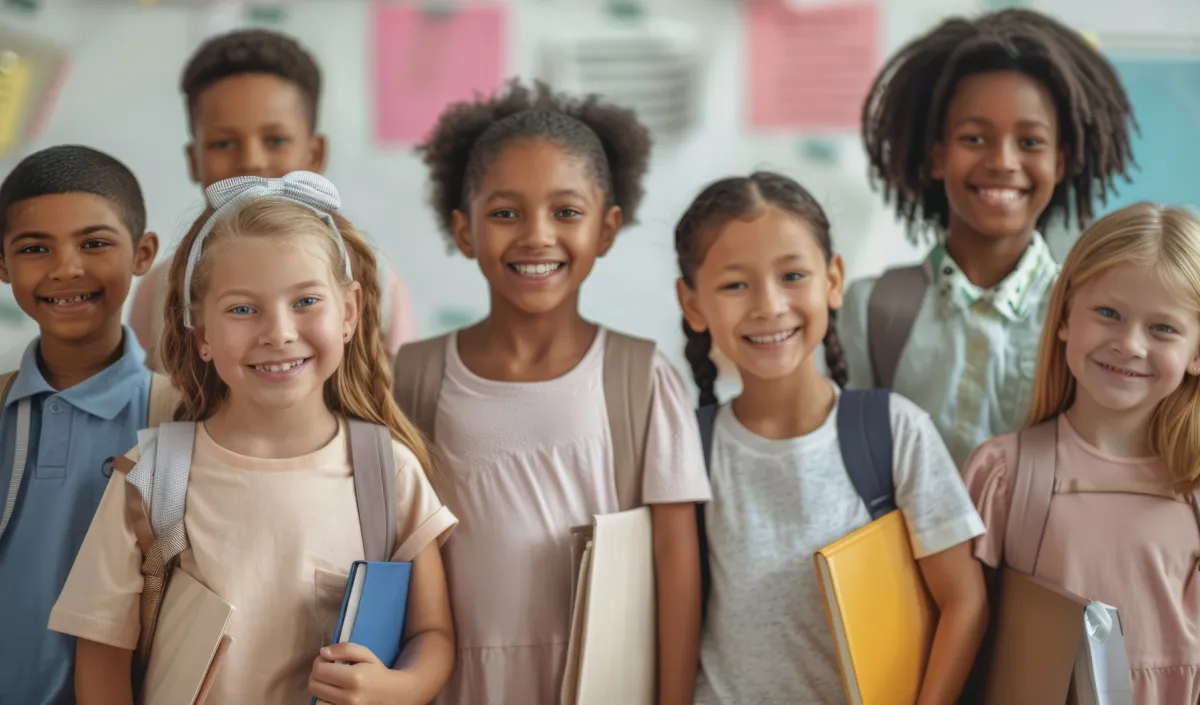
Empowering Youth. Investing in Futures.

Born to be Wealthy Non-Profit Foundation is an organization dedicated to nurturing the potential of children through comprehensive support services aimed at creating a foundation for a prosperous future.
CONTACT INFO
Born To Be Wealthy Foundation
255 S Orange Avenue, Suite 104
Orlando, FL 32801 United States
Federal Tax ID: 99-2079151
Born To Be Wealthy Foundation is a registered 501(c)(3) non-for-profit organization, donations are tax-deductible.
Contact: 1 (347) 427-5507
OUR PROGRAMS

Celebrating every child's joy.

Healthy bodies, brighter futures.

Children helping children grow.






